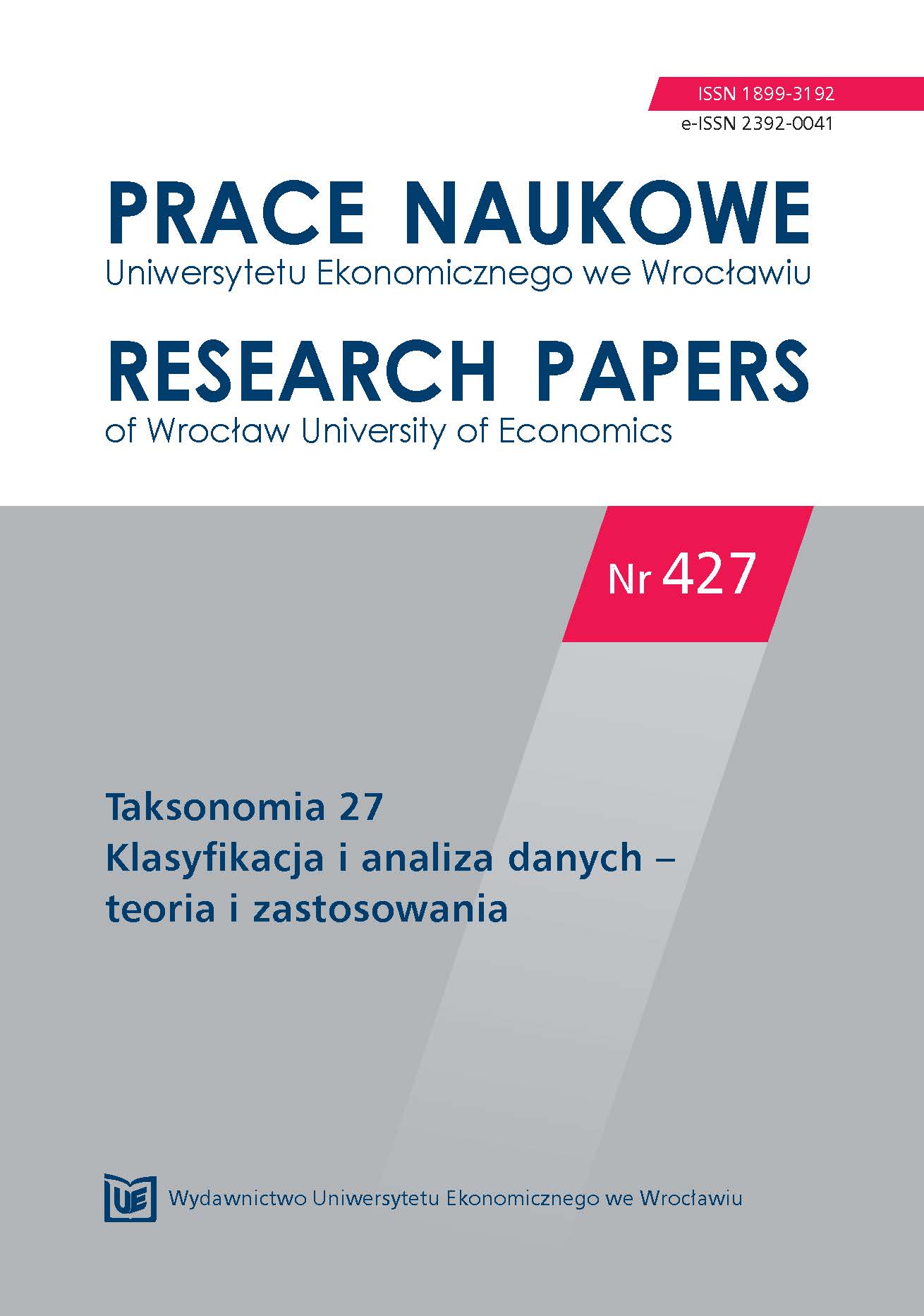Zastosowanie analizy wrażliwości do oceny wpływu nieobserwowanej zmiennej w Propensity Score Matching
The application of sensitivity analysis in assessing the impact of an unobserved confounder in Propensity Score Matching
Author(s): Sabina DenkowskaSubject(s): Economy
Published by: Wydawnictwo Uniwersytetu Ekonomicznego we Wrocławiu
Keywords: Propensity Score Matching; sensitivity analysis; Rosenbaum’s bounds
Summary/Abstract: Propensity Score Matching (PSM) is a method recommended to evaluate projects and programmes co-financed by the European Union. It allows for the reduction of the selection bias while estimating the average treatment effect on treated (ATT). In experimental studies randomisation ensures balance of covariates between the treated and control groups, including unobserved ones. In observational studies an estimated effect can be caused not necessarily by the treatment, but may result from the lack of balance of a variable not accounted for in the study, which influences both the outcome and the selection process. Sensitivity analysis proposed by P.R. Rosenbaum allows for the assessment of the robustness of the treatment effect on the occurrence of such a potential unobserved confounder. The article presents the application of Rosenbaum’s bounds method to analyse (with the use of PSM) the robustness of the net effect of internships organised in 2013 by a District Employment Office in Małopolska.
Journal: Prace Naukowe Uniwersytetu Ekonomicznego we Wrocławiu
- Issue Year: 2016
- Issue No: 427
- Page Range: 66-75
- Page Count: 10
- Language: Polish

